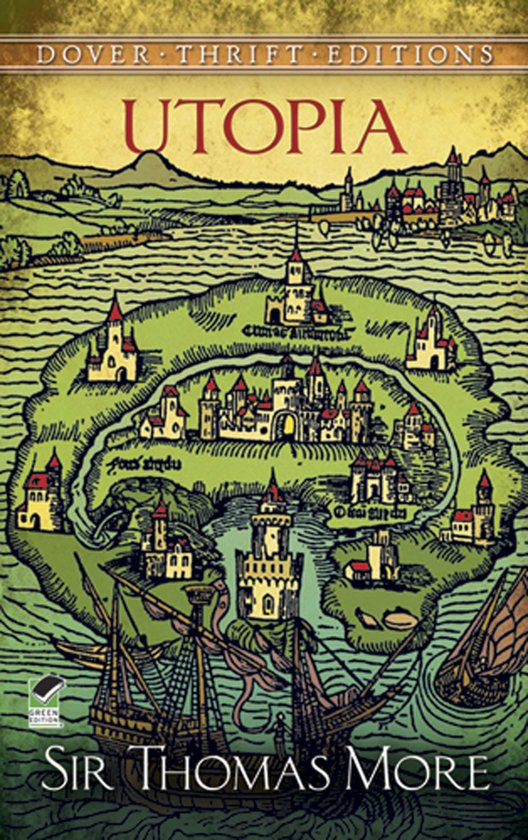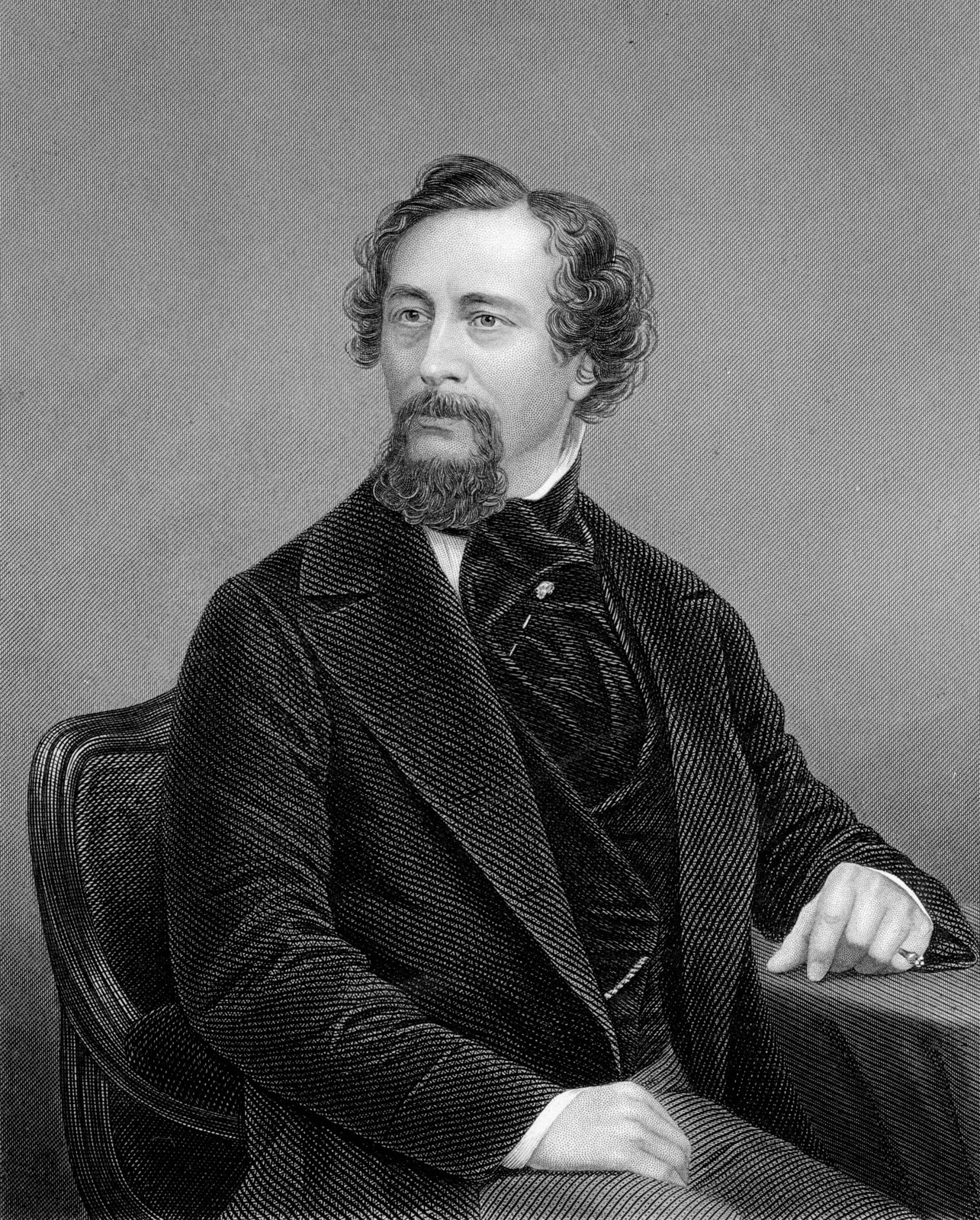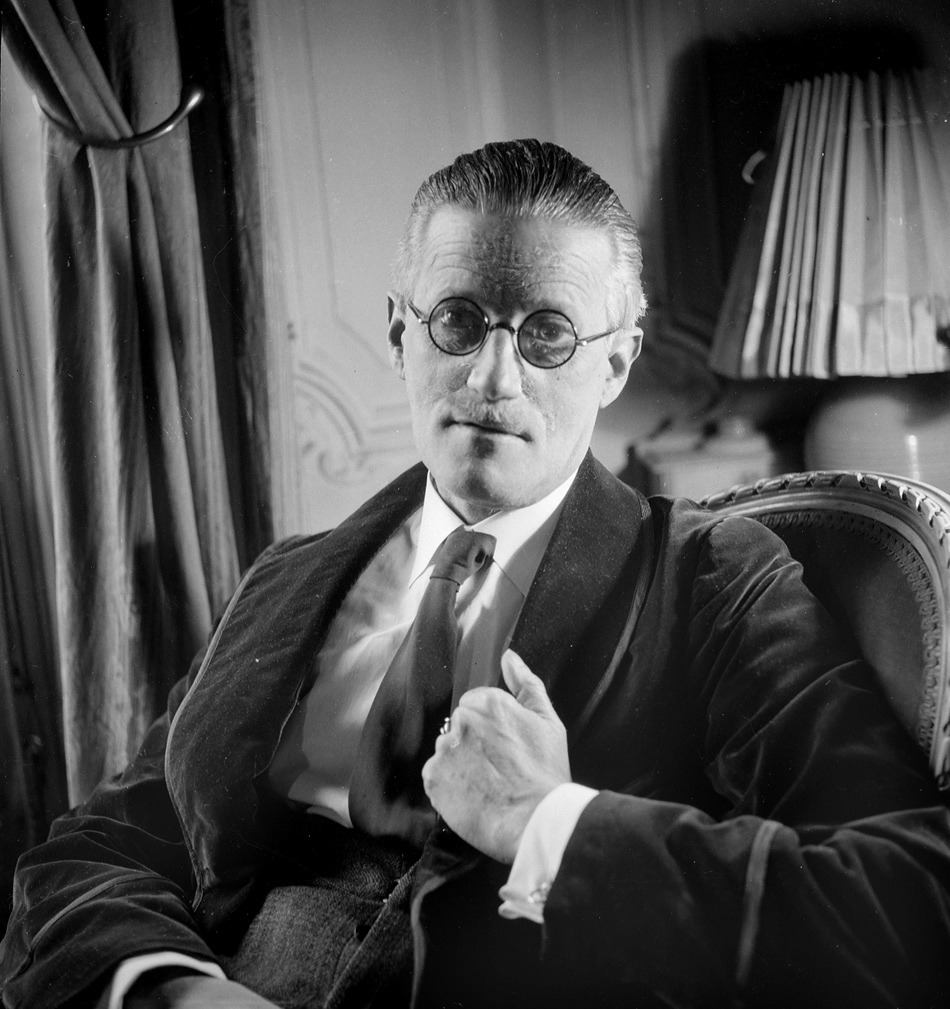Nissim Ezekiel was a prominent Indian Jewish figure. He left an indelible mark as a poet, actor, playwright, editor, and art critic. Ezekiel played a foundational role in shaping postcolonial India’s literary landscape, particularly in the realm of Indian poetry in English. Born on December 16, 1924, in Bombay Maharashtra, Ezekiel hailed from a family… Continue reading NISSIM EZEKIEL
SAROJINI NAIDU
Sarojini Naidu, also known as the “Nightingale of India,” was a prominent political activist and poet. Sarojini Naidu played a crucial role in India’s struggle for independence from British rule. She was an active participant in the Indian Nationalist Movement and was associated with leaders like Mahatma Gandhi. Besides her involvement in politics, Sarojini Naidu… Continue reading SAROJINI NAIDU
TORU DATT
Toru Dutt, whose full name was Tarulatta Datta, was an Indian Bengali poet, writer, and translator who lived during the 19th century. She was known for her literary contributions in English and French and played a significant role in the early days of Indo-Anglian literature. Some of her notable contemporaries in this field included Henry… Continue reading TORU DATT
SRI AUROBINDO
Aurobindo Ghosh (1872-1950) was an Indian philosopher, poet, and spiritual leader known for his influential works on spirituality, yoga, and integral philosophy. He was also a journalist, where he edited newspapers like Vande Mataram. He was a key figure in the Indian independence movement and later shifted his focus towards advancing human consciousness and spiritual… Continue reading SRI AUROBINDO
Salman Rushdie
Sir Ahmed Salman Rushdie is a British-Indian author known for his critically acclaimed and often controversial works of fiction. Rushdie’s writing is often characterized by its rich prose, intricate storytelling, and exploration of complex themes such as cultural identity, post-colonialism, and the clash of cultures. He is considered one of the most significant authors of… Continue reading Salman Rushdie
UTOPIA
The term “Utopia” refers to an imaginary or idealized place or society in which the conditions are perfect, and everything is ideally organized for the well-being and happiness of its inhabitants. The concept of Utopia typically embodies the idea of an ideal or perfect world, often characterized by qualities such as social and political harmony,… Continue reading UTOPIA
SIR THOMAS MORE
Sir Thomas More, also known as Saint Thomas More, was a lawyer, social thinker, writer, and prominent Renaissance humanist. Proficient in both Latin and English. He wrote “Utopia,” published in 1516 which delineates the political structure of a fictional island state. Furthermore, More held the prestigious position of Lord High Chancellor of England under King… Continue reading SIR THOMAS MORE
Charles Dickens
Charles John Huffam Dickens, born on February 7, 1812, in Hampshire, England, is widely recognized as one of the greatest novelists of the Victorian era. He is celebrated for creating some of the most iconic fictional characters in literature and is cherished for his poignant social criticism. Dickens’s works enjoyed immense popularity during his lifetime,… Continue reading Charles Dickens
James Joyce
METAPHYSICAL POETS
Metaphysical poets were a group of 17th-century English poets who were known for their distinctive style of poetry. This term was not coined by the poets themselves but was later applied to them by literary critic Samuel Johnson. Samuel Johnson, a prominent literary critic and writer, coined the term “Metaphysical poets” in his work “Lives… Continue reading METAPHYSICAL POETS



